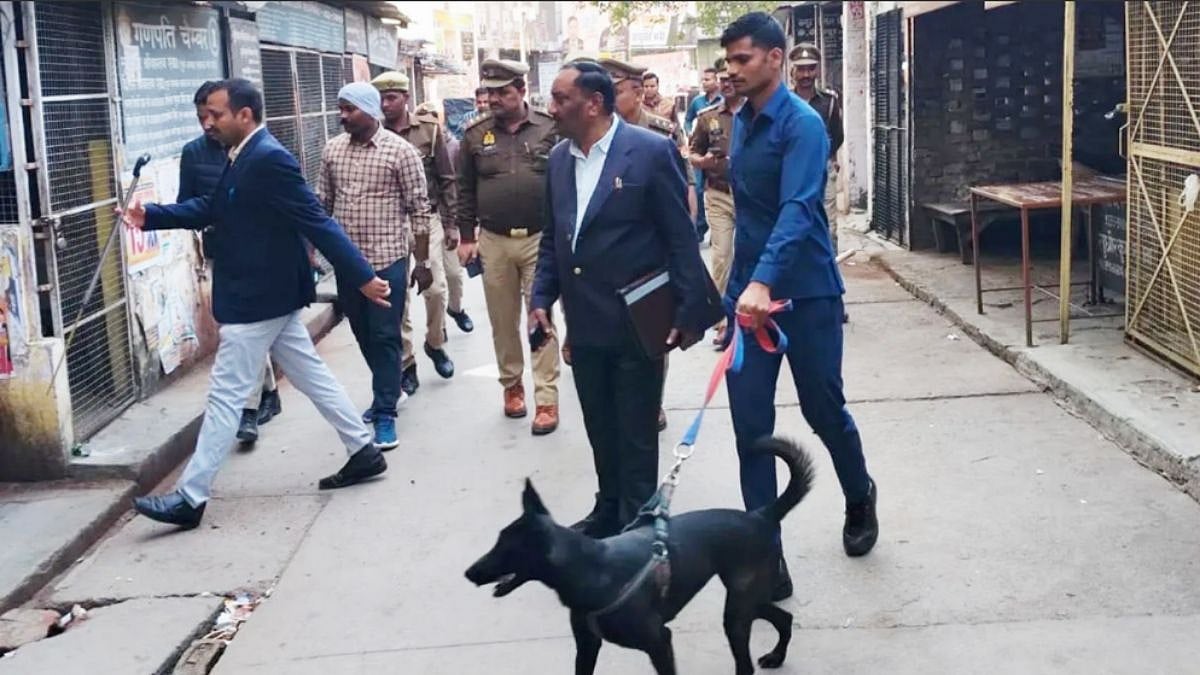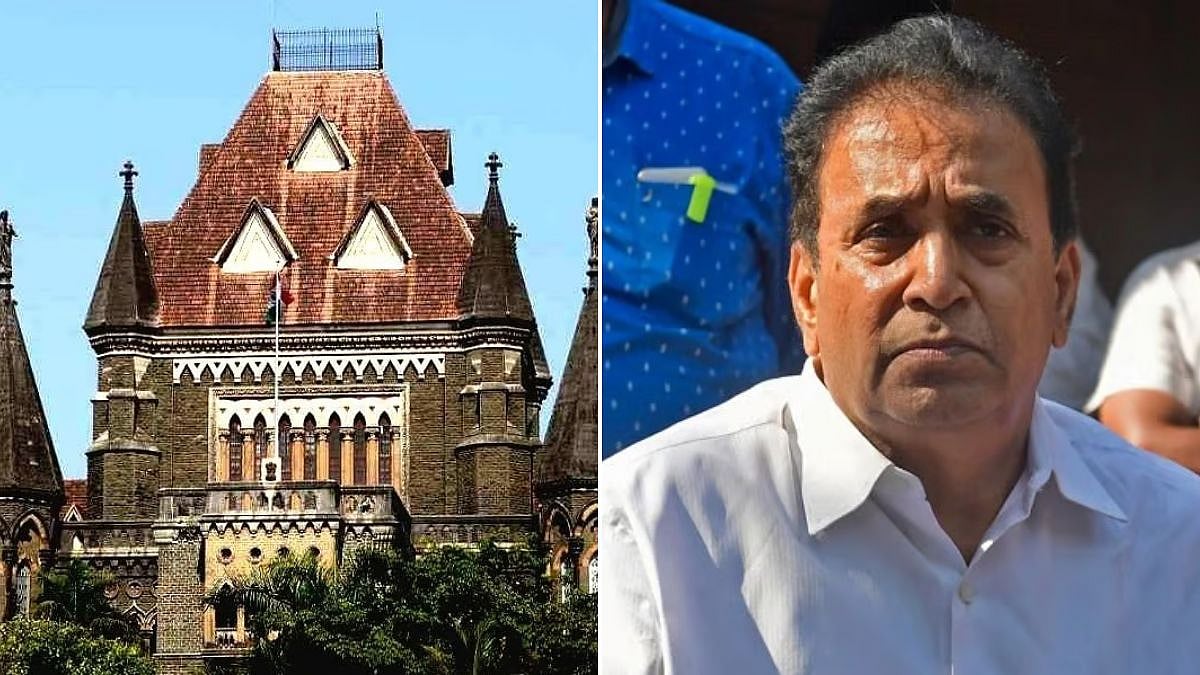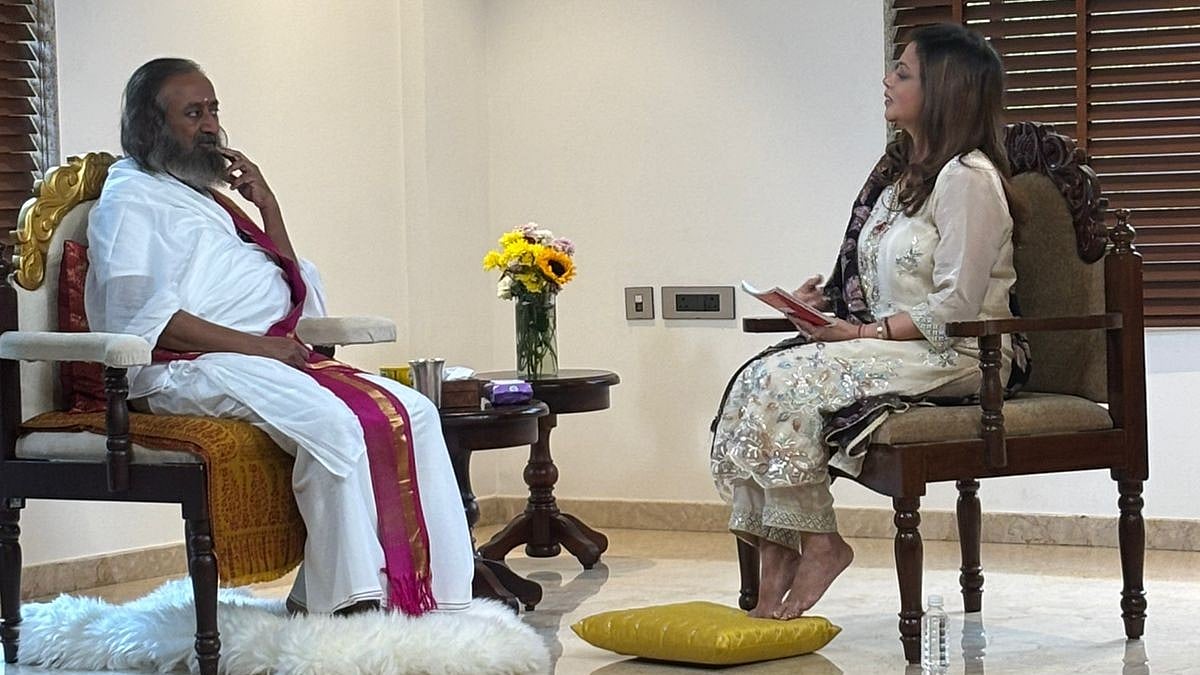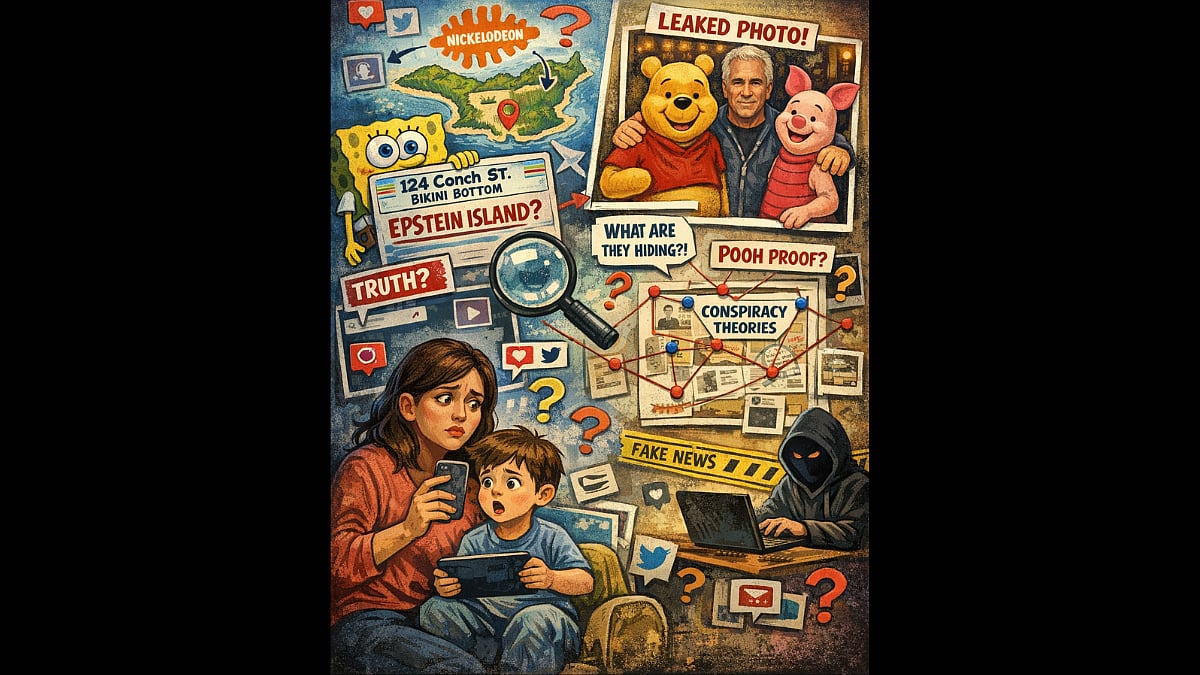“How can clothes define one’s morality?” spews an irate Pune-based liberal arts student CVTL Manasvini outraged on the issue triggered, this time, by Uttarakhand Chief Minister Trilok Singh Rawat’s controversial statement on ripped jeans. “People tend to associate a certain type of attire to a set of characteristics, which I feel is so wrong. Each girl is as an individual and should not be judged by what she wears. No male’s choice of clothes are associated with his ‘character'? Then, why this differential treatment with girls?”
Thwarting traditional stereotypes where a girl from an educated family must dress up and carry herself in a certain way, Ahmedabad-born Manasvini wears what she loves. “My father is a scientist at ISRO, Ahmedabad, but my parents have never posed any restriction on what I wear. It’s just such a petty thing,” she says.
Attributing characteristics like morality to someone’s attire is illogical anyway, she adds. “Why, martyr Bhagat Singh wore a khaki shirt and pant while his contemporaries wore dhoti kurta. That didn’t define them or what they did for the country, did it?” says a frustrated Manasvini, to drive home the point among the rigid.
In every society, there are those who feel they can interfere with a woman’s life and dictate what she should or not wear. “So, by this logic, in countries where women wear ‘western outfits’ are they not capable of doing anything serious? What about leaders like New Zealand’s Prime Minister Jacinda Ardern? Or for that matter, the United State’s newly-elected female vice president Kamala Harris. Do they not know how to govern? Or, do they not do any work of serious measure? No one has the right to tell what a woman should wear,” says Manasvini.

Mumbai-based Fiona Mehta, presently studying law in the UK, incidentally, wears ripped jeans all the time. “I look good, I feel good and I couldn’t care less about what others feel about it,” says Fiona, adding, “I have seen the most backward in the most urban setups. Parochial attitudes have little to do with economic welfare.
It’s time to stop pointing fingers at women and, instead, tell men to change their mindset. It’s just not fair to girls. I love wearing jeans and, in summers, prefer something short and more comfortable. Either way, I like to dress up as it makes me feel confident and happy.”
Fortunately for Fiona, her parents have always been supportive of her decisions but “they’d always tell me to be on guard if I am stepping out wearing something short.” Like most girls, even Fiona is “used to the cat-calling” but feels “girls should not take it ‘in their stride’.” So, Fiona can call out a cat-caller with unassuming ease. “As long as you are ready to take the criticism, they’ll keep doling it out to you,” she says. “You have to lay down the rules. Nobody can tell you what to wear and how to wear it,” adds the spunky law student.

Grandson of the father of Indian Constitution Dr B R Ambedkar, People’s Education Society Chairman and social worker Anandraj Ambedkar says, “The Constitution of India guarantees equal rights to men and women; the fundamental right of Freedom of Speech and Expression guarantees this to all women. There are elements across political parties and not restricted to just ‘a’ particular party, who want women in the country to just stay indoors and be home-makers. That’s surely not the India, Babasaheb had envisaged. This kind of attitude needs to change. And, the change needs to come from within.”
Character actress and septuagenarian Dorothy Yazdegardi, a bold stunner in her days, feels strongly about the issue. “India is a free country and a democracy…no one has the right to tell a woman how she should dress up. I wore all sorts of clothes when I was young and my mother never stopped me. I’d say my family was not too modern or orthodox. Those days, wearing a sleeveless dress itself was a big thing that I wore with aplomb. In fact, even my mother loved wearing pants too.”
Throughout her life, Dorothy donned what was ‘in’ at the moment. “I wore Charlie Chaplin pants, peddle-pushers, trousers and what not.” Even in the '50s and '60s, Indian actresses wore all kinds of clothes, says Dorothy, “all ready to slip into anything outrageous” even today. “Why all these restrictions on women, even in this day and age?” she asks.
Mumbai-based biker Abhinaya Natarajan says it’s important for girls to put their foot down whenever needed. “Today, women are doing everything men would and more. My bike and my clothes are extensions of my personality. Just like I choose what to ride, I choose what to wear and no one can or should stop me from being who I am.”
There are certain things that just cannot be done wearing traditional Indian outfits. “I cannot ride my Royal Enfield to Leh in a saree. Can I? I’ll have to wear what is appropriate for the purpose. And, that shouldn’t define who I am. I am a lot more than that,” says the biker.
LXME founder and entrepreneur Priti Rathi has redefined attire for working women in the financial services sector where “even today the world expects women to dress up in a certain way.” Priti gets “all riled up,” with the distinction society makes between men and women. “Why are men not judged for what they wear?” she questions.
She recalls a 15-year-old incident that left her really upset. Once, when called for an interview for a business channel she was asked to wear a saree only because she’d be “taken seriously” during the discussion. “The reasons attributed to choice of clothing transcend all sensibility,” she says.
Priti wears what she does because she “loves fashion” and wants to “stay authentic.” I have personally taken the journey from saree to ripped jeans and my family has come around too. For me, it’s about expressing myself and I believe my work speaks louder than what I wear. Today, my daughter and I share a similar wardrobe.”










